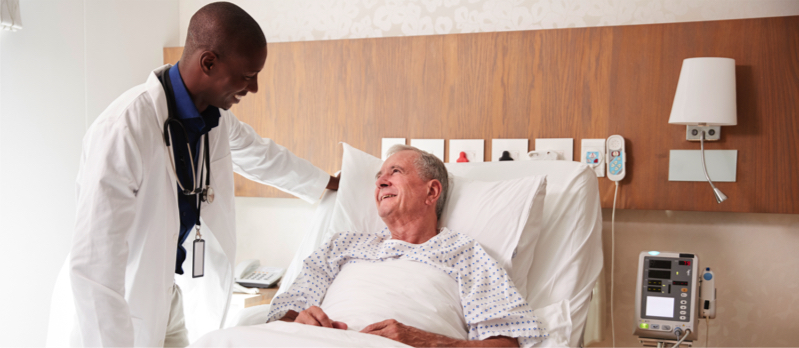
01 Jul How to Talk to your Doctor

Jan Fowler
is author of the best-selling book, “Hot Chocolate for Seniors”(winner of national & international awards); winner of Gold Halo Award from the So. California Motion Picture Council for Outstanding Literary Achievement; winner of First Place Excellence in Journalism Award (SPJ –Southern CA); Town & Gown “Phenomenal Woman” Award; former television host & KSPA radio host of “Senior Living at its Best with Jan Fowler”; speaker, contributing author for “Savvy Women Revving Up for Success”; founder of Starburst Inspirations, Inc. 501(c) (3) nonprofit which supports Redlands Drug Court. www.janfowler.com. Jan welcomes feedback and comments about her columns and invites you to leave her a message on her website.
How to Talk to your Doctor
by Jan Fowler
Are you getting the most out of your doctor’s appointments? If not, what if there were some things you could do to better prepare yourself for your visit to your doctor?
Healthcare is changing so rapidly these days and most medical doctors appear to have less and less time to spend with us during our office visits. In fact, some are so busy that they must rely heavily on physician assistants and nurse practitioners to help them out. Therefore, it is extremely important for us to know what we, as patients, can do to make it easier for our doctors to treat us.
For specific answers as to how we can cooperate with our doctors to help them deliver the best care possible, I consulted with Cliff Walters, M.D., EMBA, a physician with a specialty in coaching doctors and patients regarding the best ways to maximize the patient experience. Consider his following tips and recommendations.
First, please be considerate of your doctor’s schedule. You can do that by coming in with a list of your questions. Describe your complaints, where you hurt, types of pain (dull, sharp, throbbing, intermittent, continuous), and then stop talking. Let your doctor take over.
He or she must be scientific about your symptoms (Example: How long has this been going on?) so he can rule out immediate medical conditions which he feels are treatable.
If you have numerous problems, sort out the worst three and save the rest for a return visit.
If you’ve had symptoms for a long time, it’s useful to bring in a list of these symptoms and their dates, plus the names and dosages of any over-the-counter or prescription medications which you’ve been taking.
Know your family history as best you can.
Please be honest and truthful with your doctor, even though it may be embarrassing. That means if you’re a smoker, user, or abuser of drugs or alcohol, have had multiple sexual partners in uncommitted relationships, or have failed to follow doctor’s orders by not taking your prescribed medications, please admit it so that the doctor has a better picture of where your health problems lie.
If necessary, bring someone with you to your appointment if you feel you need the help of another listener or patient advocate. And if surgery is recommended, make sure you understand both the risks and the benefits.
If you feel you need a second opinion, don’t be afraid to seek one. Take an active role in your health! Be a partner in your own care.
Lastly, become informed. Read and learn about any diagnoses or conditions which you might have. Do research on your own time. After all, it’s your health, so play an active role in your own medical destiny.
Wow, what good points! To have a great partnership with your doctor, be considerate of your doctor’s schedule, come in with a list of written questions or complaints, then stop talking so he or she can ask the guiding questions needed to reach a diagnosis.
Once a medical condition is ruled out and findings are negative, that’s a good time to talk about other issues which may be going on in your personal life.
And computers are definitely here to stay, folks. The wave of the future is to centralize patient records and data to allow for easier access of information through electronic medical record (EMR) systems.
And lastly, I would urge you to never fail to express your appreciation to your doctor for the time, interest, or personal reassurance which you have received. It is always a blessing to have a comfortable partnership with your personal physician.
[Jan Fowler is an award-winning columnist and author who may be reached at janfowlerusa@yahoo.com]]




Sorry, the comment form is closed at this time.